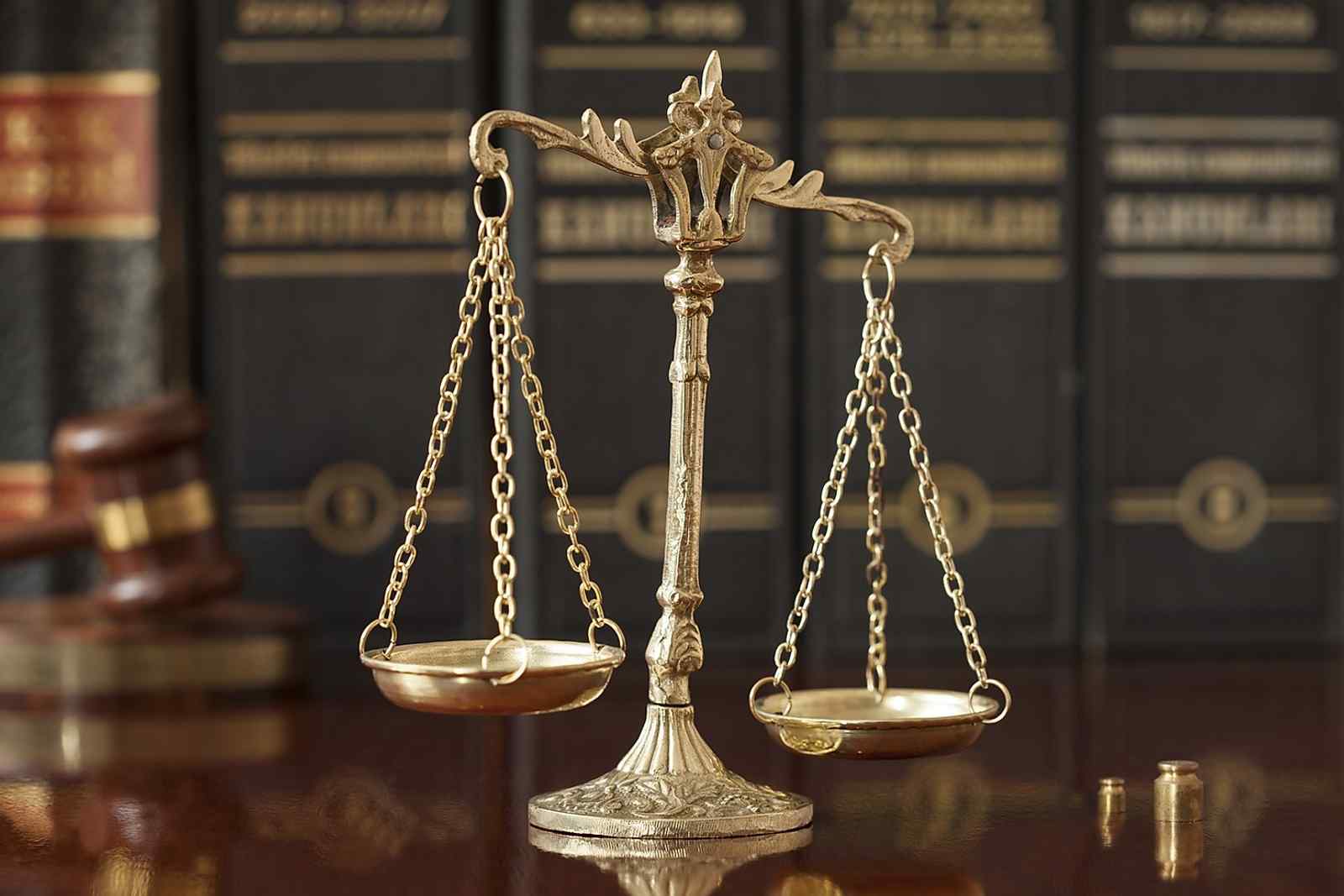In the Courtroom: A Humanist Represents Religious Clients
Over drinks one night, which is how we lawyers generally like to meet each other, a friend of mine told me a story that I’d heard before. “When I was a law clerk working for a federal judge several years ago, a defendant insisted on representing himself in a serious criminal case. He had a court-appointed lawyer who was really pretty good, but the guy kept insisting on representing himself. He told the judge that Jesus was the only advocate he needed.”
I nodded. Eyeroll. This is a surprisingly common attitude among criminal defendants and I have had a couple of clients tell me the same thing, or a watered-down version of it, pretty much saying that they have confidence that Jesus won’t let anything bad happen to them. It’s exhausting having the Lord as your co-counsel, largely because He operates on a different law entirely, which is frequently and suspiciously aligned with the client’s own personal beliefs about what the law is and rarely aligned with what the law actually says.
“I wanted to tell the guy,” my friend went on, with a mischievous twinkle in his eye, “’Buddy, Jesus represented himself at trial, too, and it didn’t go so well for him.’”
I laugh/coughed through a mouthful of my cocktail. “That’s great,” I said, “I wish you could have.”
But this is not the kind of thing one can say to those of fervent belief in difficult situations, and say what you will about lawyers, some of us try to be nice people.
So the question I want to tackle today is how does one, who is herself an atheist, comfort those who ardently believe in God? Knowing that there is not anything that will make things better in this world than the work of our own hands, many of us secular folk have ended up in fields like healthcare, social work, progressive activism, and, like me, indigent legal aid. In any of these jobs, not only is there a significant amount of comforting of the afflicted, but it’s also important to be able to garner the client or patient’s trust in you, a stranger who is offering to help them in frequently complex and often difficult to understand ways. Would you let a surgeon you didn’t trust operate on your child? What about a lawyer you didn’t trust to argue for your life?
My perspective on this is heavily influenced by my evangelical upbringing. When I was growing up, I was taught that Protestants were generally the good guys, though some sects may have gotten a few bits wrong, and everyone else was actively worshiping Satan. Literally. Catholics, Hindus, Buddhists, probably especially atheists -- all of them were knowingly or unknowingly (but probably knowingly) praising the devil and paving their road to hell. Why would someone be so dumb as to pick the losing team? How could you trust a devil-worshiper?
These are questions that I don’t want directed at me in my capacity as someone’s lawyer-- especially when that person did not get to choose me and I showed up at the worst possible time in their life looking for all the world like part of the System of the Oppressor.
The side I’ve come down on this over the years is to be vague about my own personal beliefs when my clients ask me. I am not interested in proselytizing. There is nothing to gain from espousing secular dogma to people who are, in fact, in great need and feel that their only hope for the future depends on divine intervention.
“Are you religious?”
“Hmm? Me? We’re here to talk about you. That’s what’s important right now.”
“Do you believe in Jesus Christ?”
“I was raised Baptist.”
Though this seems like evasive lawyer-speak, perhaps, to those of you reading this, in the context of client conversations, many people seem comforted by this and are really just looking for a jumping off point to talk about their own sweet selves.
Several times, clients and their families have asked me to pray with them. Rather than protest or refuse, I bow my head with them and listen as they speak. I don’t think that agreeing to pray means that you agree that prayers are effective, or that the prayer is heard by anything other than the humans in the room. It is agreeing to recognize that this person with you is frightened and is losing hope and is seeking some kind of connection and comfort that they lack right now. It is letting them know that you’re not afraid to touch them, take a moment with them, or to share something larger than a sterile professional space with them. That you are familiar and are willing to do this familiar thing with them.
Most of my clients have no choice about who their lawyer is: it’s me or nothing. I feel strongly that I should do what I can within reasonable limits to make them feel like I am on their side and worth having on their side. We have very little in common, my clients and I, from first appearances. Often, they are persons of color while I am white. They are usually men, while I am a woman, and they are almost without exception people who have had less privilege in this life than I do. They are looking for ways to connect with me and convince themselves that I am okay.
Though I know that different people have different comfort levels with things like this, I want to suggest that religious actions are almost always symbolic, even to the religious, and maybe it’s okay for us, as people who realize that, to take these gestures as the symbols that they are: an extended hand, an opportunity for connection. And just connect.

